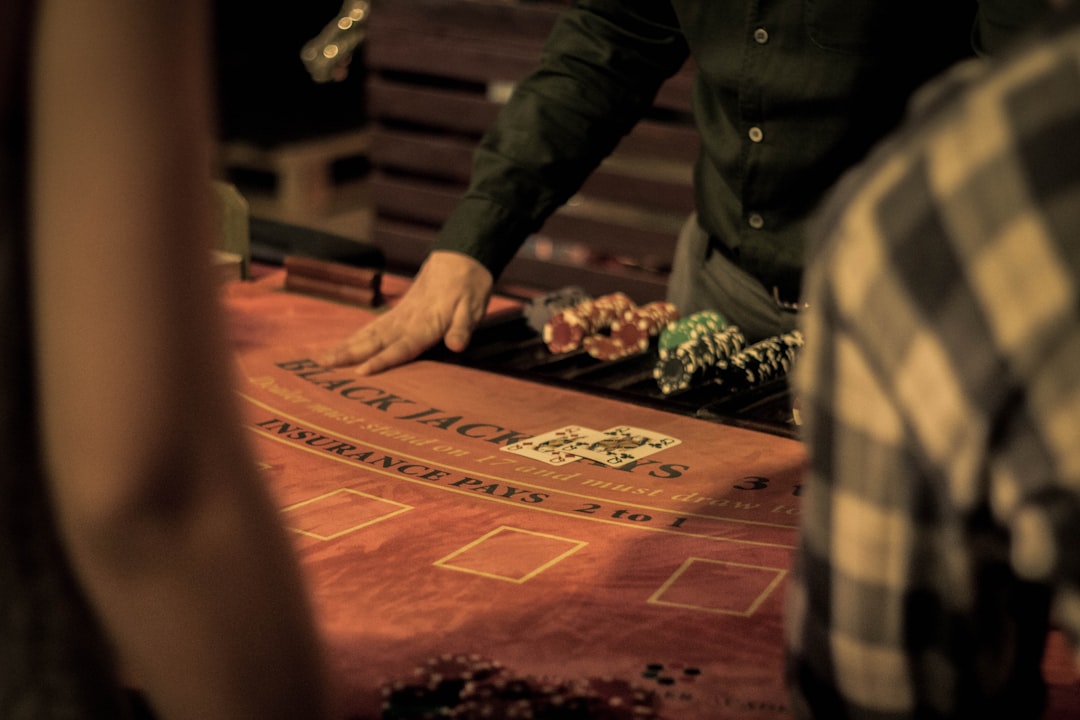While they dominate on the pitch, stars like Neymar Jr. and Cristiano Ronaldo are equally passionate about poker. These global icons have proudly served as ambassadors for online poker giants, showcasing that poker isn’t just a pastime; it’s a mind sport that appeals to elite athletes. Ronaldo, often hailed as one of the “Greatest of All Time” in football, has admitted that he loves the competition, the strategy, and the fun of playing poker. Neymar, too, is known for hosting high-stakes poker games with other big-name athletes like NBA star Jimmy Butler, highlighting how poker satisfies their professional drive to compete.
Unlike football, where reaching the professional level is a lifelong journey, poker is a game that fans can learn quickly, play affordably, and access from anywhere. For those intrigued by their favorite footballers’ off-field hobbies, poker presents a unique opportunity. You might not be able to bend it like Beckham or score a hat trick like Ronaldo, but you can learn to place a winning bet at the poker table, no stadium required.
What Is Poker and How Does Betting Work in Texas Hold’em?
At its core, poker is a strategic betting game that combines skill, psychology, and a bit of luck. While there are many variants of poker, Texas Hold’em is by far the most popular, especially online and in televised tournaments.
Britannica notes that in Texas Hold’em, the goal is to make the best five-card hand using your two private hole cards and five community cards that are dealt face-up in stages. However, betting is what drives the game and often separates amateurs from experienced players. Every hand begins with two players posting blinds: the small blind and big blind. These forced bets ensure there’s always something to win. Once each player receives two hole cards, the first betting round begins. You can fold (give up), call (match the current bet), or raise (increase the bet). The player to the left of the big blind starts the action, and the round continues clockwise.
After each stage of community cards: the flop (three cards), turn (one card), and river (final card), another round of betting occurs. Knowing when and how much to bet is where real strategy begins. A well-timed value bet can extract chips from opponents with weaker hands, while a clever bluff can force stronger hands to fold.
The beauty of poker is that it’s not just about the cards. It’s about reading your opponents, managing your chips, and betting smartly. Think of it as the football equivalent of a perfectly timed through-ball: high risk, high reward, and incredibly satisfying when executed correctly.

Betting in Online Poker: From Chris Moneymaker to You
If you’re new to poker, chances are you’ll start online. That’s pretty normal, and in fact, it’s how one of poker’s biggest legends got his start. Chris Moneymaker, an amateur accountant from Tennessee, entered an $86 online tournament and turned it into a seat at the 2003 World Series of Poker. There, he beat the pros, including the legendary Phil Ivey, and won $2.5 million. His victory ignited the modern poker boom and proved that anyone can win.
Today, Moneymaker is a professional player and represents Americas Cardroom, a leading US online poker platform. The online environment offers a perfect learning ground for beginners: you can play lower stakes, study opponents more easily, and access free tutorials or hand reviews to improve your game.
But online poker isn’t without its challenges. Unlike live games, you can’t read physical tells, so betting becomes your main weapon. Develop a tight and aggressive style: play fewer hands, but bet and raise confidently when you do. Use position to your advantage; players who act later in the betting round have more information and often more control. And remember, just like on the pitch, timing and discipline are key.
Poker as a Mental Sport: Game Theory, Bluffing, and Maria Konnikova’s Betting Wisdom
While some see poker as a game of luck, true students of the game know it’s a battle of decisions. No one articulates this better than Maria Konnikova, a Russian-American professional poker player. She credits her success not to guts or instinct, but to detailed mental calculations grounded in game theory.
According to Konnikova, “99 percent of the decisions I make are detailed mental calculations based on game theory — not the result of quick wits and intuition.” In short, Konnikova tries to understand the math behind every bet, and this mindset separates casual players from consistent winners.
In her view, betting isn’t about guessing what card comes next. It’s about calculating the probability your hand will win, the likelihood your opponent is bluffing, and the optimal response in each situation. Bluffing, for example, isn’t about theatrics. It’s about context. If your opponent folds too easily, you bluff more. If they call too often, you value bet stronger hands. The goal is not to deceive for the sake of it, but to make the most profitable decision based on available information: a skill that transfers well to boardrooms, locker rooms, and life in general.
Konnikova’s rise is a reminder that you don’t have to be a math wizard to bet smart; you just have to learn the logic of the game. And once you do, you’ll find poker as intellectually stimulating as a high-stakes Champions League final.
Final Whistle: Ready to Bet Like the Pros?
Poker offers soccer fans a compelling second sport where strategy, patience, and psychology matter more than speed or strength. With ambassadors like Ronaldo and Neymar bridging the worlds of football and poker, now’s a perfect time to dive into the game.
Whether you’re learning to bet in Texas Hold’em, navigating the online tables, or studying advanced betting theory, poker is accessible, endlessly fascinating, and full of opportunities to grow. Every hand is a test, and every bet is a decision. Just like football, it’s not always the best team that wins; it’s the one that plays smarter.
So, take your seat at the table. Your poker journey starts now.
